Today, Seçil Yanik Guyot, Marko Matosevic, and I presented our research as recommendations to the ANU Battery Storage and Grid Integration Program (BSGIP). It was fantastic to be joined by Associate Professor Kim Blackmore, Carla Alzamora – Change Manager Below Zero, Tim Johnston – BSGIP BZ Delivery Manager and Brenda Martin – Research Fellow at BSGIP and Paul Peace – PhD student in CPAS. The presentation was a success, read on for details
What is ANU Below Zero?
ANU has set itself a ‘Below Zero’ mission and is working to reduce carbon emissions, as set out in ANU Below Zero policies. For ANU, this is a challenge as air travel is their most significant source of greenhouse gas emissions (just over 50% of all university emissions), and ANU has identified that transformational change is required. BSGIP has been engaged to undertake ANU Below Zero implementation and demonstration projects blending climate and energy innovation, education, research, and community engagement to create a new way of working to tackle complex challenges. The BSGIP Below Zero Travel team is conducting a program of exploratory, applied and action research to investigate what other universities are implementing to reduce carbon emissions from business travel and the current cognitive norms, social practices and material cultures held by ANU staff and students regarding business travel.
Can cybernetics shift gears on decarbonising academic development?
I’m proud to have used an applied cybernetic frame to research and design novel concepts to approach the problem, including decision systems and travel alternatives. The summary of our group presentation is below, or you can download the full slide deck as a PDF. It’s a doozie of a problem, but well worth thinking about.
I was delighted to present on ‘timeful travel’, a new way of thinking and a novel term that I believe I have coined about travel that I hope has relevance to decarbonising academic development. Note that timeful travel differs from the ‘slow travel‘ movement as timeful travel focuses on the public and private value derived from travel time in a civic context, whereas slow travel concentrates on private time and personal experiences.
I’m also happy to have generated a lens of three primary forms of academic power referring to The Dawn of Everything (Graeber & Wengrow, 2020) and used this to consider why academic development cannot shift entirely to teleconferencing and correspondence. Hopefully, our work and ideas will be of service to the ANU.
Summary of our Air Travel Below Zero Slideshow
- Allocate the C budget.
- Better data and reporting.
- New thinking is required.
- Emissions reduction: a costlier path of higher resistance
- Decarbonising Academic Development
- Record and Analyse GHG Emissions
- Model future scenarios
- Defer
- Grant Application Overhaul
- Host the Conferences
- Make the Budget Bucket Smaller
- Multi-Criteria Decision Analysis
- Invest in timeful travel research and design.

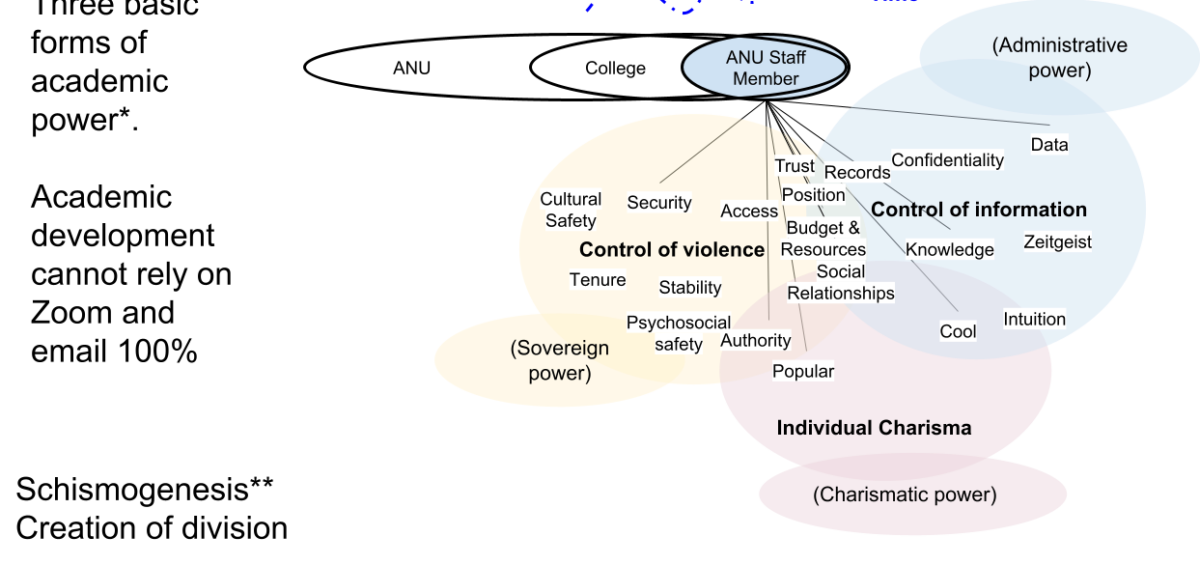







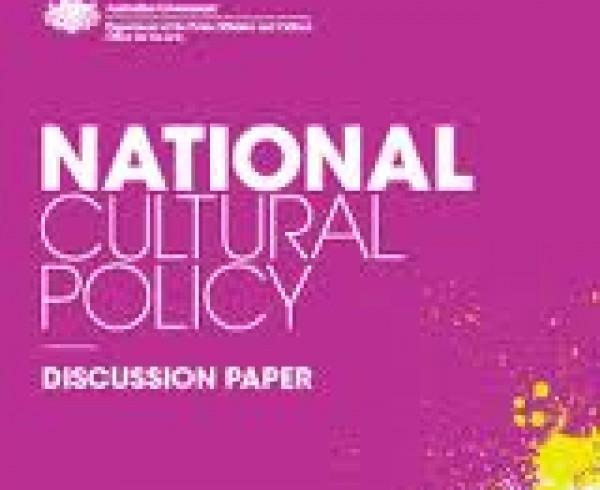

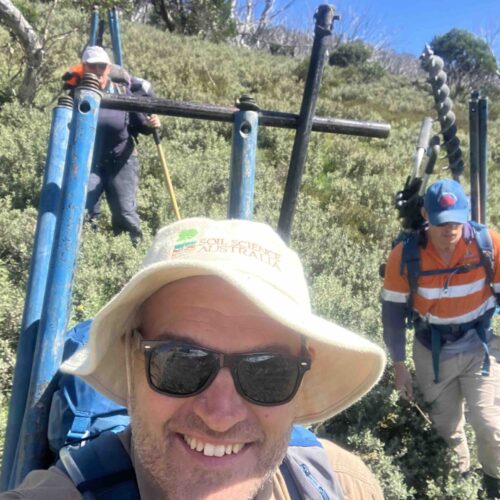


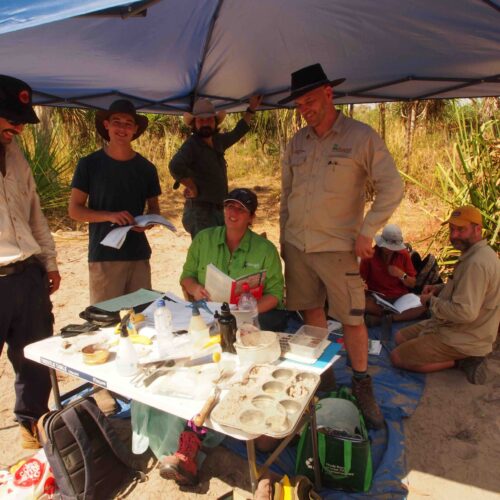
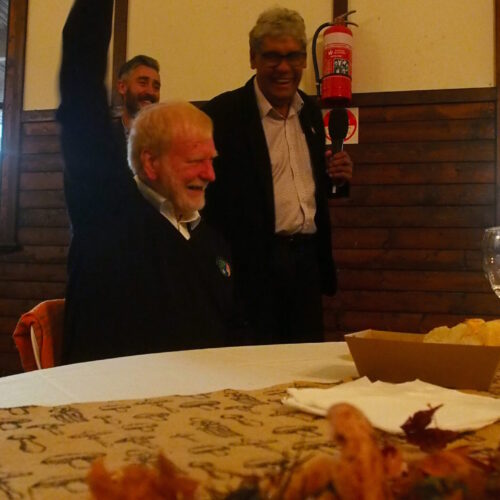
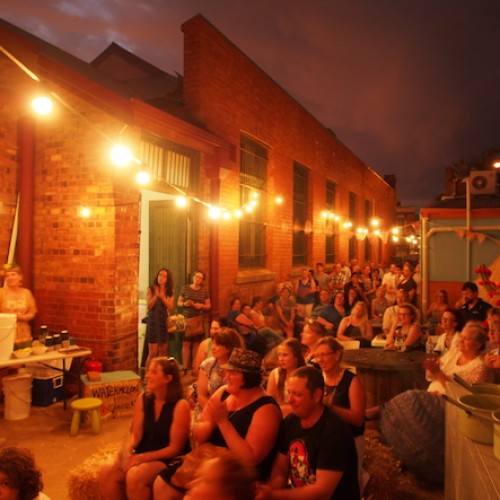
Leave a Comment